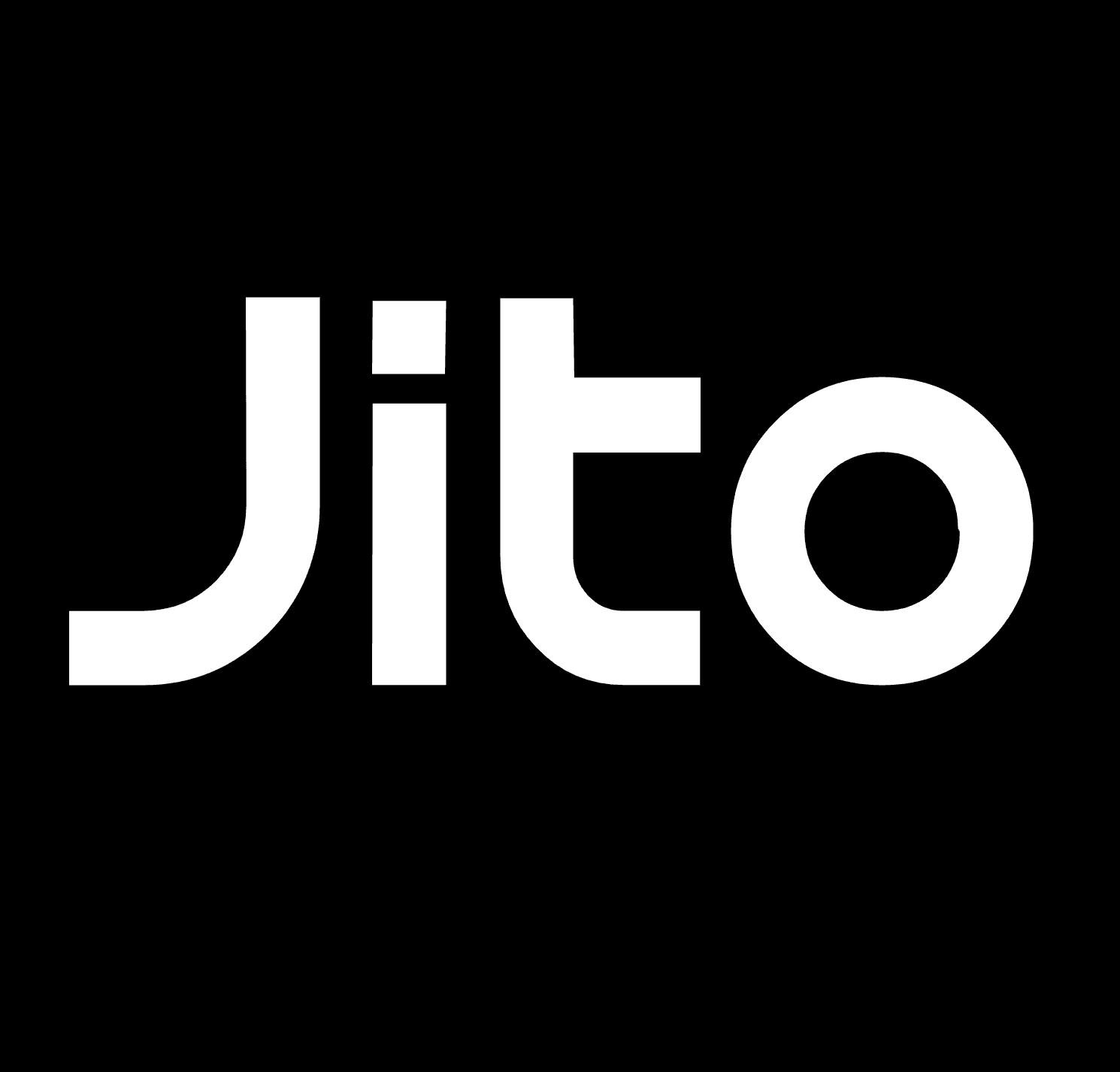Introducing the StakeNet Steward Program: A New Era for Solana Staking



Introduction
The Jito Foundation is pleased to announce the mainnet launch of the StakeNet Steward Program, advancing decentralized stake pool management. As part of this launch, the Jito Stake Pool transitioned management of its operations to the StakeNet protocol starting July 29, 2024, marking a major step towards building a timeless and autonomous stake pool that forever plays a key role in Solana DeFi.
A Transparent, Autonomous State-Machine
While liquid staking offers significant advantages, current Solana LST's haven't fully achieved decentralization. The main problem lies in how these stake pools are managed. They typically rely on a single centralized keypair to handle operations, which goes against the fundamental idea of DeFi. The StakeNet Steward Program addresses these issues by empowering the community while enhancing security and transparency of JitoSOL.
The Steward Program's state transitions are designed to be permissionless, allowing any member of the Solana community to participate in 'cranking' the program forward. By submitting transactions to advance the program's state machine, community members can actively contribute to the management of the stake pool, guaranteeing its continuous operation.
Once deployed, the Steward Program will ensure long-term stability with every decision and movement open for scrutiny. The program operates on a 10-epoch cycle, providing real-time insight into validator scoring and delegation adjustments in the Jito Stake Pool. During that cycle, the program, a finite-state machine, alternates between 5 distinct states, which we describe further below.

Compute Scores
At the start of each 10-epoch cycle all Solana validators are scored and ranked according to a set of key metrics, including yield, commission rates and uptime performance.

Compute Delegations
Once all the validators have been scored, the program calculates the stake distribution amongst them.
In the case of JitoSOL, the top 200 validators will form the validator set, with each validator receiving 0.5% of the pool’s TVL. If there are fewer than 200 validators eligible (i.e. with a non-zero score), the validator set is only the eligible validators. This step results in a set of target delegations, each representing a specific proportion of the total pool's stake.
Idle
Once the delegation amounts are set, the Steward waits until we’ve reached the 90% point of the epoch to run the next step.
Compute Instant Unstake
The program checks for “instant unstaking” criteria such as commission rugs and delinquency that would automatically exclude the validator from the validator set and cause an immediate unstake, which remains in effect until the end of the cycle.
Rebalance
During the rebalance state, the Steward Program adjusts stake distributions for each validator to align with target delegations. The process involves:
- Checking each validator's current balance against its target.
- Undelegating stake if the current balance exceeds the target. This is done cautiously to prevent massive unstaking events by setting a cap for each unstake condition. Importantly, validators with lower scores are prioritized for unstaking, ensuring that underperforming validators are adjusted first to maintain overall pool efficiency.
- Delegating stake if the current balance is below the target. Stake is allocated based on validator priority and available reserve. Higher-scoring validators are given priority in receiving additional stake, reinforcing the program's goal of optimizing stake distribution for maximum performance and security.
- Balances are updated after each adjustment.
After rebalancing, the program returns to the Idle state until the next epoch of the current 10-epoch cycle begins. At that time it will loop only through a subset of the state-machine:
- Compute Instant Unstake, and
- Rebalance
It will keep doing so until the next 10-epoch boundary is reached, at which point the program moves back to the Compute Scores state.
Enhanced Security And Efficiency
Transitioning the management of JitoSOL to StakeNet marks a watershed moment for Solana DeFi, significantly enhancing the security, stability, and decentralization of the largest stake pool in the ecosystem. This move represents a fundamental shift from centralized control to community-driven governance, setting a new standard for liquid staking pools.
The Steward Program ensures multi-validator stake delegation, which prevents concentration risk by spreading your stake across a diverse set of validators and eliminates the risk of it being in the hands of a single entity. Additionally, stake movement caps are introduced to limit inactive periods, maximizing your earned rewards by reducing the time your stake is not earning yield. Most importantly, the transition marks a shift from reliance on a single key pair to robust, auditable logic.
These combined measures create a more resilient, efficient, and truly decentralized staking environment, aligning with the Jito Network's commitment to pushing the boundaries of what's possible in DeFi. By entrusting JitoSOL's management to StakeNet, we're not just improving a single stake pool – we're setting a new paradigm for how liquid staking can and should operate.
Future Outlook
The transition of JitoSOL to StakeNet management is also an invitation for the entire Solana community to participate in shaping the future of DeFi. All historical data used for decision making as well as the decision criteria in the Steward Program is publicly available on the Jito Network website. We encourage you to dive in, analyze, and build your own models!
The StakeNet programs have been audited and we welcome any feedback the community may have. This launch is just the beginning as we aim to make decentralized staking the norm across all Solana. Stay tuned for future StakeNet updates.